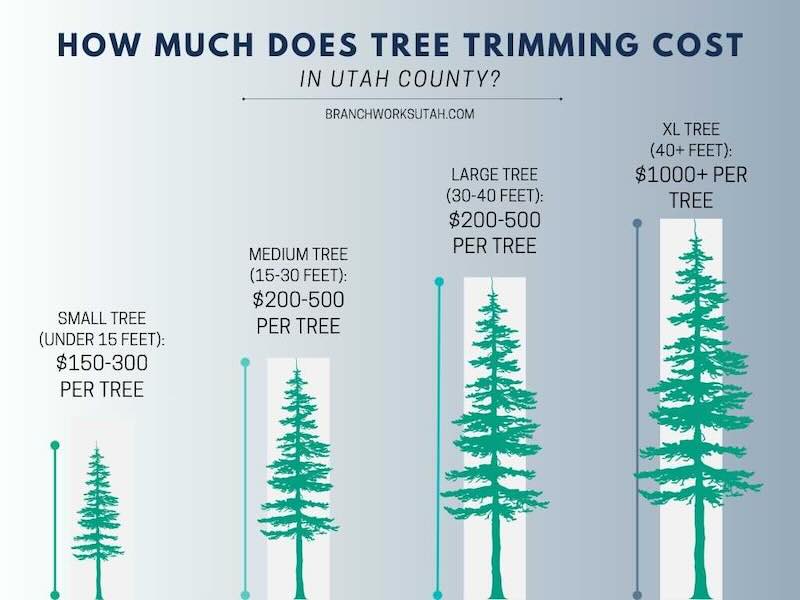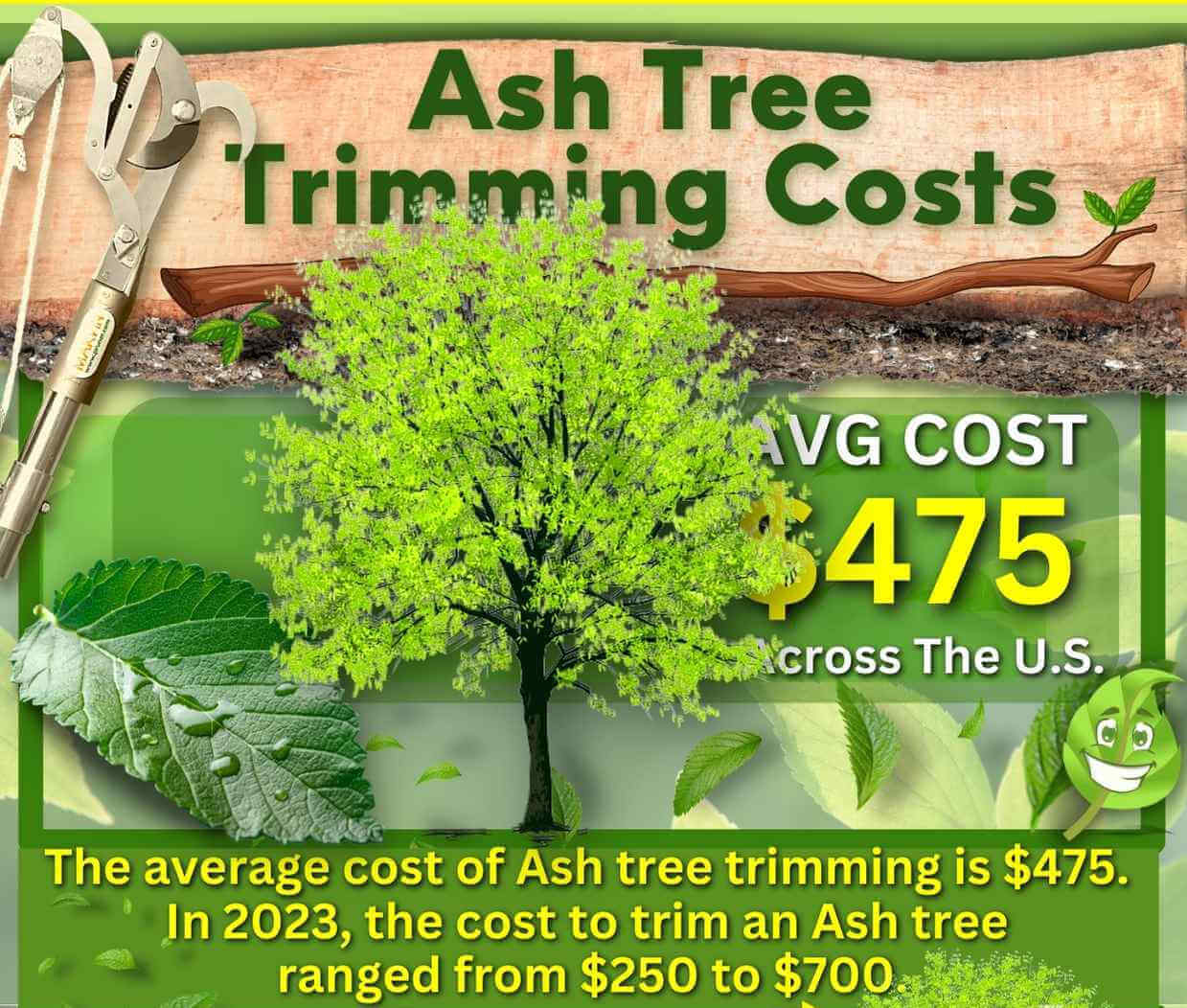Featured
Table of Contents
- – Cheap Tree Cutting In Fort Myers Beach, FL
- – Maintenance Tree Trimming Costs In Fort Myers ...
- – Latest Tree Trimming Prices In Fort Myers Bea...
- – Understanding Stump Grinding Pricing In Fort ...
- – Get Cheap Tree Cutting In Fort Myers Beach, FL
- – Fort Myers Beach, FL Tree Removal: Payment Op...
- – Locate Cheap Tree Trimming In Fort Myers Beac...
- – Fort Myers Beach, FL Tree Trimming Budget Tips
- – How Much Does It Cost To Book An Tree Servic...
- – Fort Myers Beach, FL Stump Removal: Actual C...
- – Fort Myers Beach, FL Tree Removal Service Co...
- – Fort Myers Beach, FL Tree Trimming: Real Tes...
- – Fort Myers Beach, FL Tree Trimming Quote Com...
- – Fort Myers Beach, FL Tree Trimming Shipping ...
- – Fort Myers Beach, FL Tree Service Reviews: A...

The subsections listed below provide more detailed info about prices, consisting of a typical range for each. TypeAverage Elimination CostPineConiferPalmMagnoliaArborvitaeAshCedarSweet GumEucalyptusSycamoreCypressOakMaplePoplar You can expect to pay between to eliminate a pine, depending on its size. Getting rid of a pine is among the more budget friendly tasks unless it is one that has been around for years and is quite large.
Cheap Tree Cutting In Fort Myers Beach, FL
Pines also have a tap root that grows deep into the soil, which can prove to be harder to eliminate. The procedure itself includes an expert cutting the tree, clearing the base, cutting the surface area roots, eliminating the stump, and finally treating the soil. Without a professional hand, you risk leaving pine seedlings behind, which will fall from the roots of distressed pines.
Maintenance Tree Trimming Costs In Fort Myers Beach, FL
The U.S. national average for conifer removal is roughly to have the conifer lowered, transported away, and the stump ground or removed totally. Conifers are usually easier to remove, and despite the fact that they can grow quite tall, they do not cost a fortune to remove. Conifers include pine, spruce, fir, and juniper trees.
Latest Tree Trimming Prices In Fort Myers Beach, FL
While conifers are beautiful, they kill native plants and particular kinds of lawn. This is since they require a lot of water and nutrients to survive, so they leach it off surrounding plants. They also have an expansive network of roots, which can affect your home's foundation. The average rate of palm removal depends on the height as much as the type, ranging from.
Understanding Stump Grinding Pricing In Fort Myers Beach, FL
That is why it is essential to know which type you are eliminating. While you do not require an herbicide to kill a palm tree, there are some steps your elimination professional will have to require to ensure the task is done properly. There are two ways they can get rid of them: by slicing them down or digging them up.
Get Cheap Tree Cutting In Fort Myers Beach, FL
From there, they get rid of the real tree and then the stump. Anticipate to pay in between to eliminate this type of tree, depending on the precise size and details of the job.
Fort Myers Beach, FL Tree Removal: Payment Options
There are 3 types: green, white, and black ash. With its gray-tinged bark, its leaves are green or purple in the spring and golden yellow or purplish-red in the fall.
Locate Cheap Tree Trimming In Fort Myers Beach, FL

The bark is softer, and it flowers later on in the year - stump grinding. Due to the variation in height, the elimination cost difference is large from. A coniferous, evergreen tree, the cedar is a sturdy types. True cedars enjoy higher altitudes, generally in the Mountain ranges and the Mediterranean. A real cedar can grow as high as 160 feet in height and is often planted in the United States as a landscape option.
Fort Myers Beach, FL Tree Trimming Budget Tips
The growth of false cedars differs from 50 feet up to 230 feet high. With star-shaped leaves and sensational fall colors, the sweet gum is considered a medium to big tree.
How Much Does It Cost To Book An Tree Service In Fort Myers Beach, FL
It has a huge root base of 40 to 50 feet, which affects the removal expense. Typically, it costs in between to remove a eucalyptus. Eucalyptus are not typical all over, however they are quite large compared to others, which is why even the smaller sized ones are so expensive to remove. Initially from Australia, eucalyptus are intrusive plants that grow in thick groves that get native plants.
Fort Myers Beach, FL Stump Removal: Actual Costs
There are a handful of methods to do this, consisting of burning, pulling, grinding, or eliminating them with herbicide. Expect to pay between to remove sycamores, based upon the height, trunk size, and quantity of work involved. Sycamores are one of the largest hardwood trees, generally ranging from 60 to 100 feet high and as broad as 15 feet.
Fort Myers Beach, FL Tree Removal Service Contracts: Costs
The very first two actions will expose the insides of the tree and cut off the circulation of nutrients up the trunk. From there, an expert applies herbicide to eliminate the tree and cuts down the trunk.
Fort Myers Beach, FL Tree Trimming: Real Testimonials
There are lots of various kinds of Cypress trees, however the most prevalent are the Leyland, Arizona, Bald, and Italian. The Bald Cypress grows in swampy or extremely wet areas while the others enjoy a dry, warm, or hot climate (tree trimming). They can grow as high as 80 to 100 feet tall
Fort Myers Beach, FL Tree Trimming Quote Comparison Tool

Prone to diseases, the Cypress is one of the most valued woods for furnishings. The typical oak grows to around 60 feet, and depending on the intricacy of the elimination, it costs approximately to get rid of. The specific size of your oak and the effort needed to fell it affect what you will really spend for elimination together with any extra services like stump grinding.
Fort Myers Beach, FL Tree Trimming Shipping Costs
Access to the trees and the roots will likewise impact the overall expense. Maples are typically amongst the more expensive trees to eliminate since of their size and the work included in the elimination.
Fort Myers Beach, FL Tree Service Reviews: Are They Worth It
Growing as high as 90 to 115 feet, these huge lumbers are mainly found in North America and consist of the aspen, cottonwood, and balsam trees. The process to get rid of trees includes all the trimming and cutting of the branches and trunk, bringing it down to a stump.
Table of Contents
- – Cheap Tree Cutting In Fort Myers Beach, FL
- – Maintenance Tree Trimming Costs In Fort Myers ...
- – Latest Tree Trimming Prices In Fort Myers Bea...
- – Understanding Stump Grinding Pricing In Fort ...
- – Get Cheap Tree Cutting In Fort Myers Beach, FL
- – Fort Myers Beach, FL Tree Removal: Payment Op...
- – Locate Cheap Tree Trimming In Fort Myers Beac...
- – Fort Myers Beach, FL Tree Trimming Budget Tips
- – How Much Does It Cost To Book An Tree Servic...
- – Fort Myers Beach, FL Stump Removal: Actual C...
- – Fort Myers Beach, FL Tree Removal Service Co...
- – Fort Myers Beach, FL Tree Trimming: Real Tes...
- – Fort Myers Beach, FL Tree Trimming Quote Com...
- – Fort Myers Beach, FL Tree Trimming Shipping ...
- – Fort Myers Beach, FL Tree Service Reviews: A...
Latest Posts
What Impacts Tree Removal Costs In La Homa, TX
Automated Stump Removal Costs In Locust Grove, GA
Reliable Tree Service At Fair Prices In Portsmouth, OH
More
Latest Posts
What Impacts Tree Removal Costs In La Homa, TX
Automated Stump Removal Costs In Locust Grove, GA
Reliable Tree Service At Fair Prices In Portsmouth, OH